State DEC grants $350,000 for easement on Rattlesnake Ridge
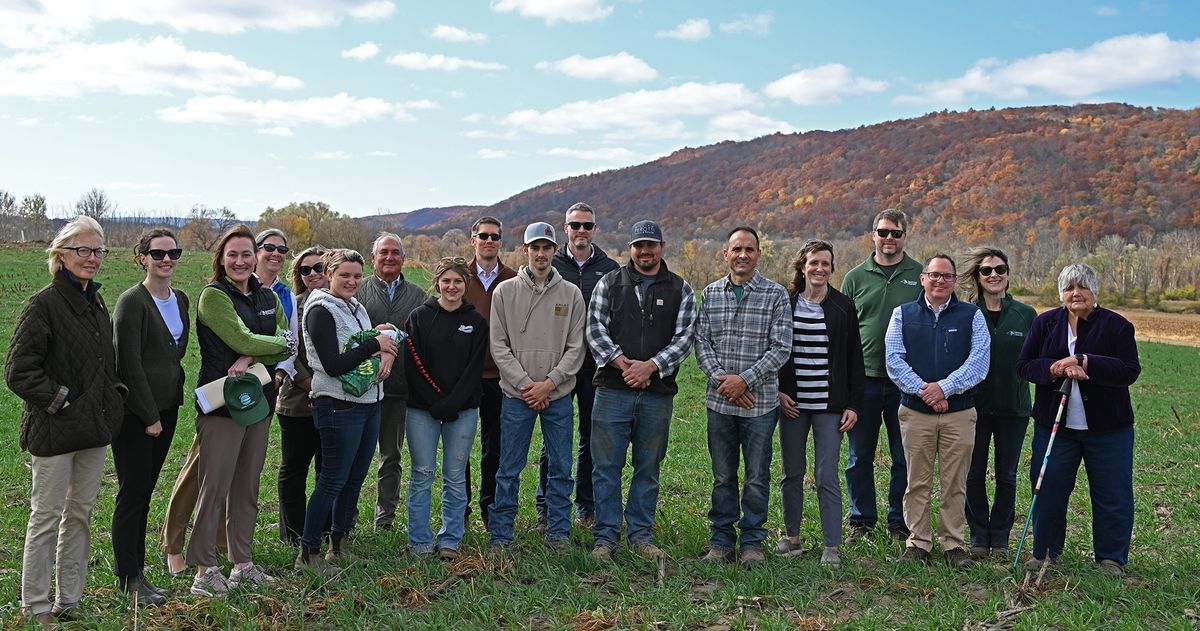
State and local conservations groups, officials, staff and stakeholders gathered for an announcement in Amenia last week that the 260-acre Rattlesnake Ridge in Amenia, visible in background, will be protected by a $350,000 grant from the State Department of Environmental Conservation for the purchase of a conservation easement through the Dutchess County Land Conservancy.
Photo Courtesy NYSDEC

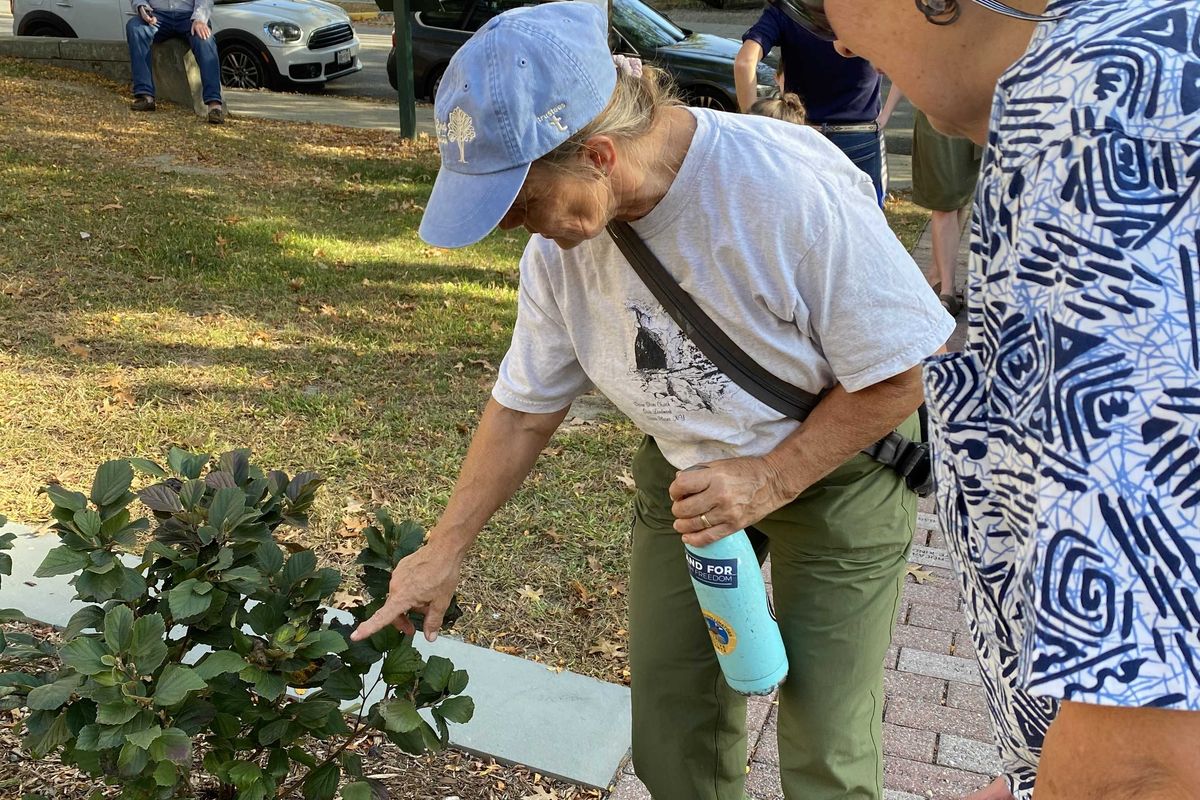
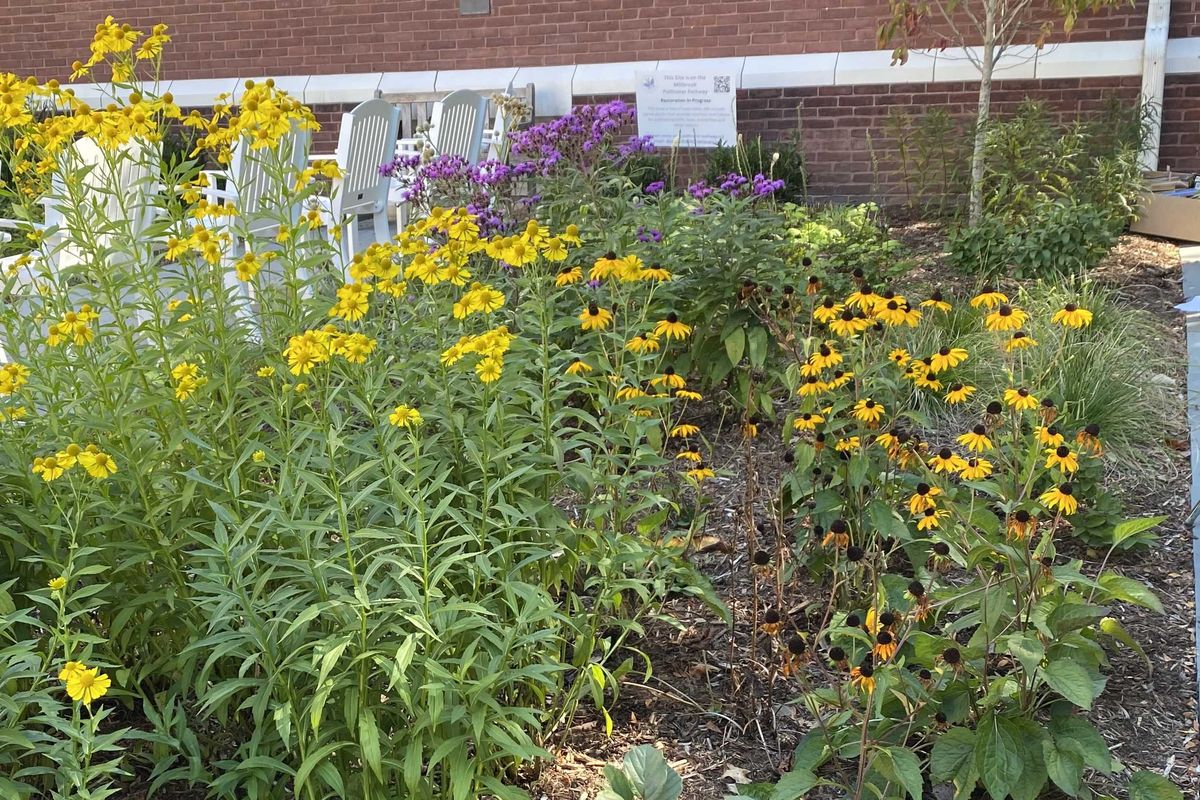

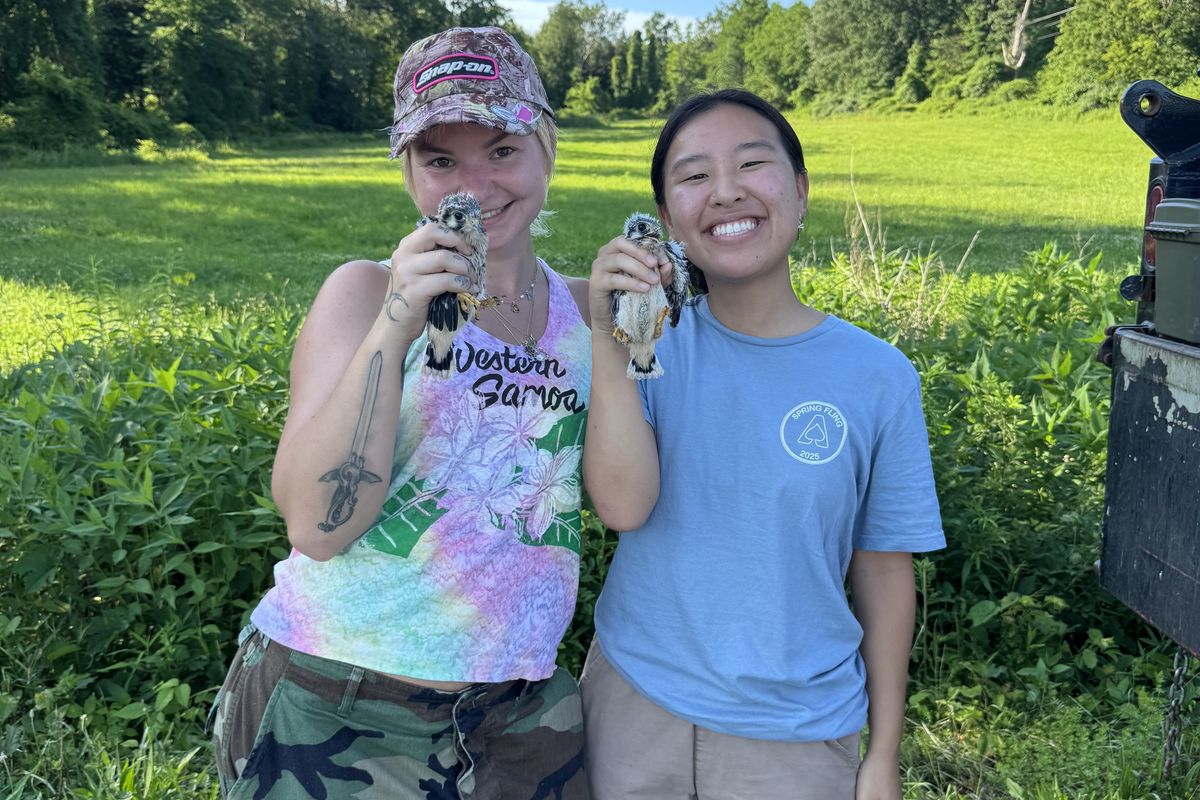



 lakevillejournal.com
lakevillejournal.com 



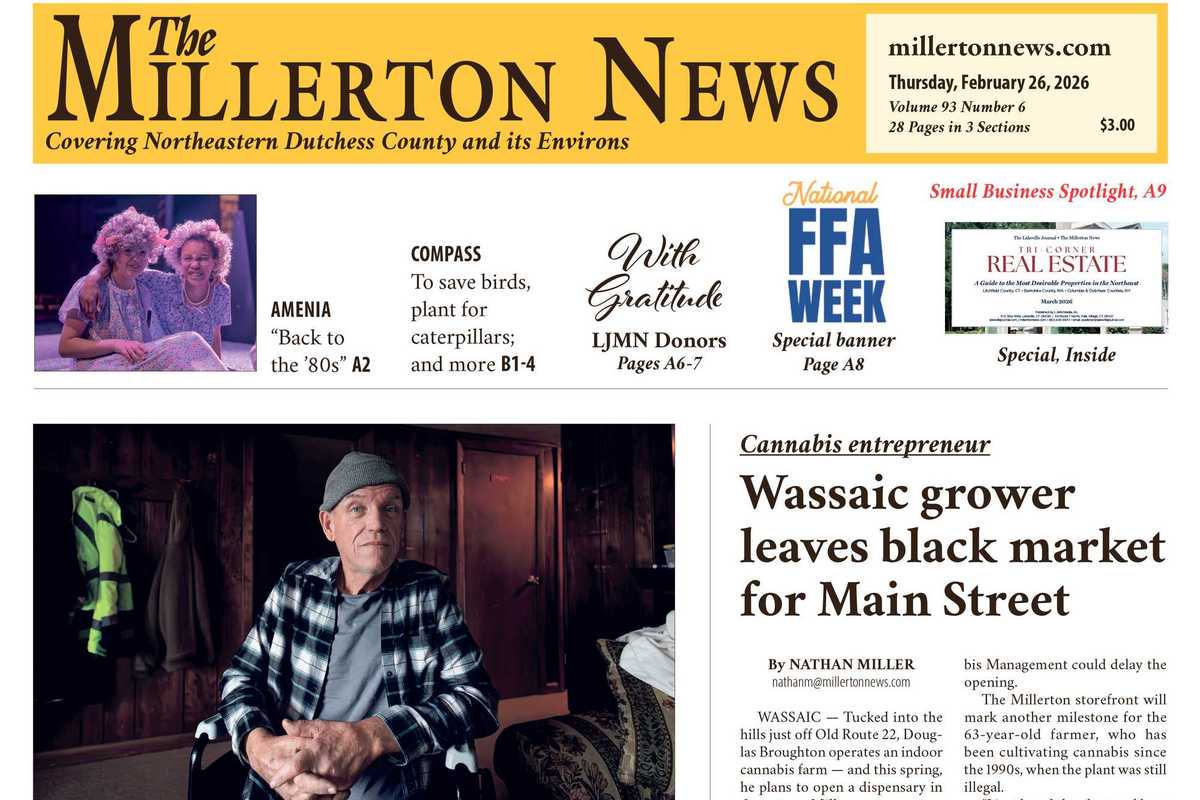



 Visitors consider Norman Rockwell’s paintings on Civil Rights for Look Magazine, “New Kids in the Neighborhood” (1967) and “The Problem We All Live With” (1963.) L. Tomaino
Visitors consider Norman Rockwell’s paintings on Civil Rights for Look Magazine, “New Kids in the Neighborhood” (1967) and “The Problem We All Live With” (1963.) L. Tomaino





